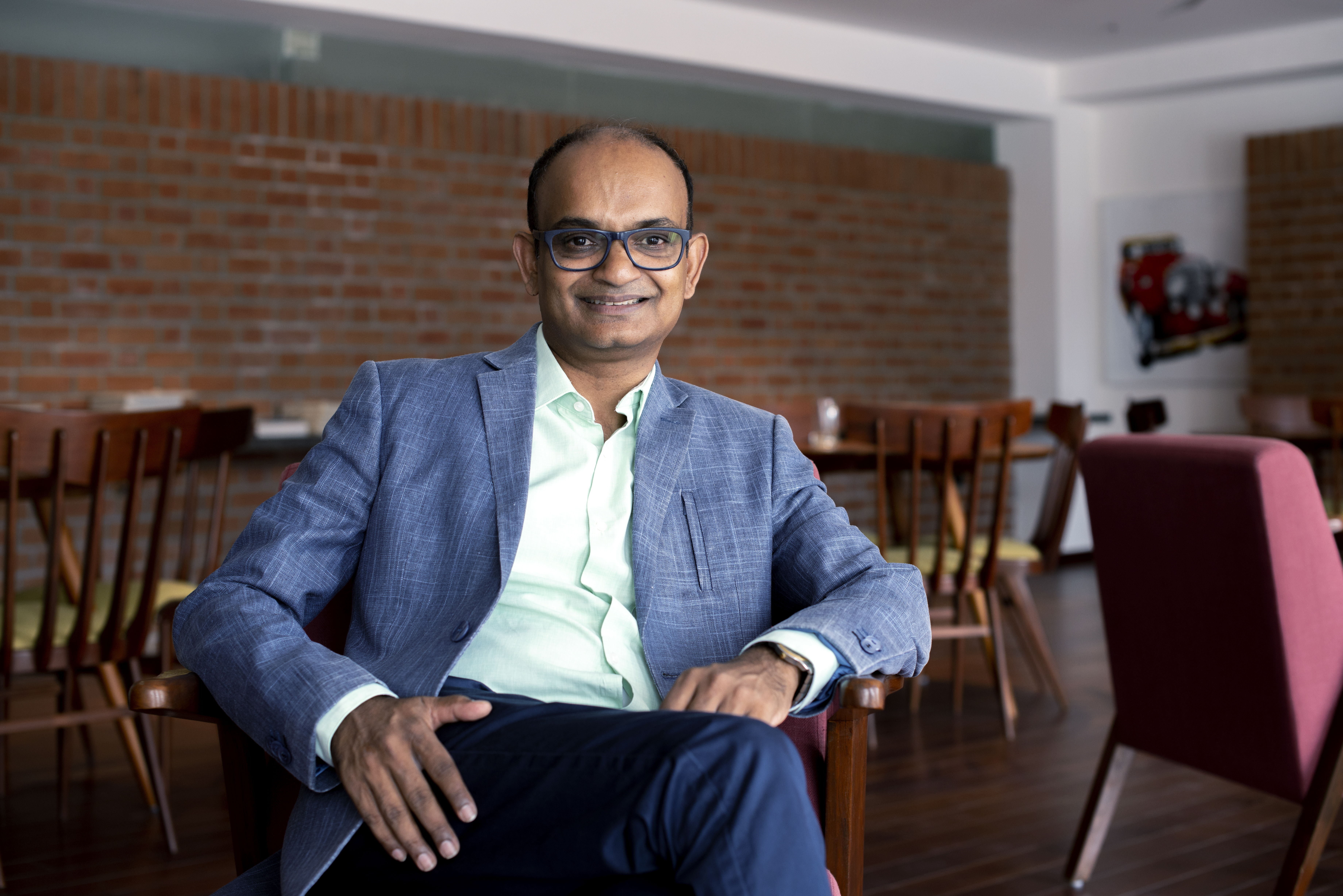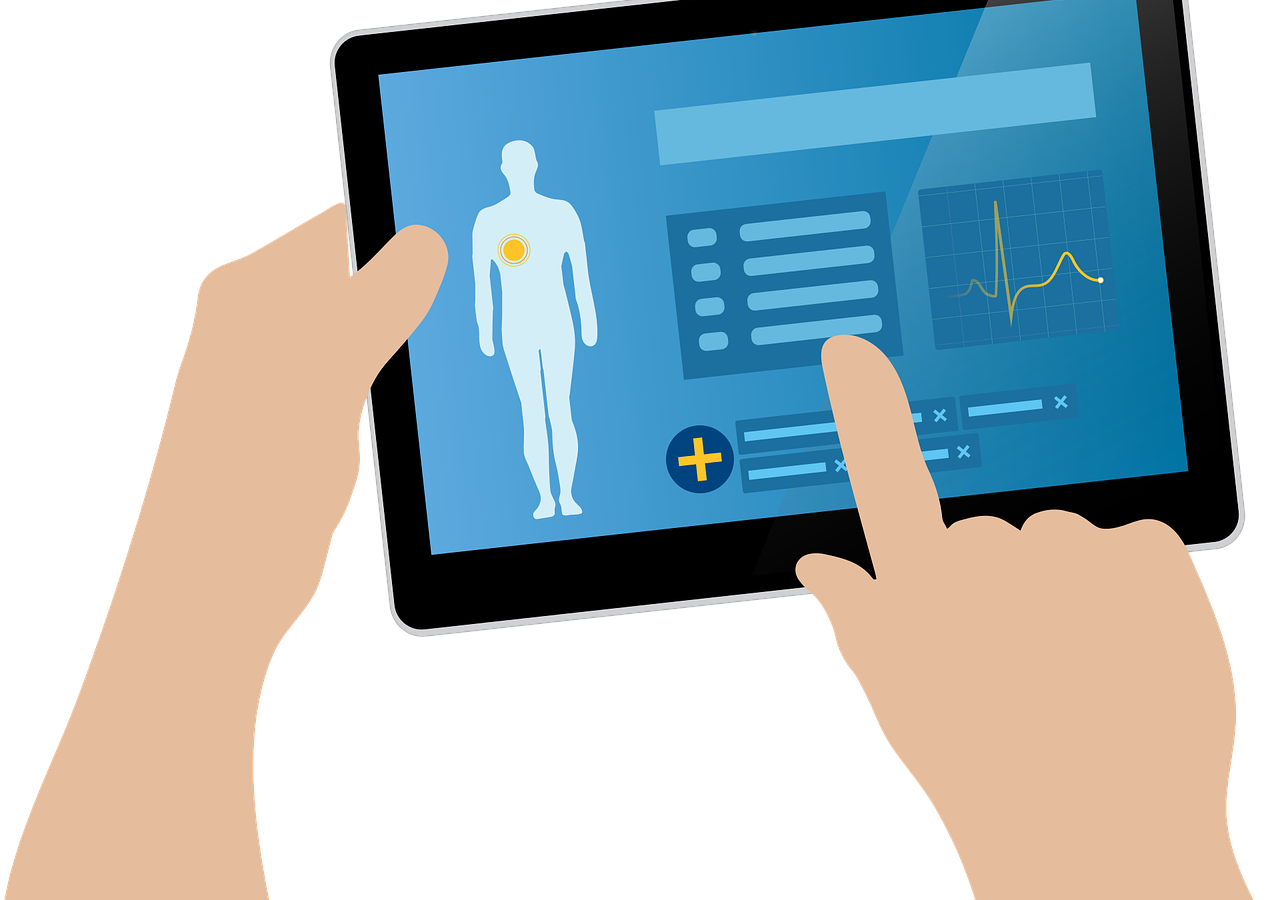When Irfan Siddiqui gets ready for work, he attaches an activity tracker to his trouser’s waistband. It helps him measure his step count, heart rate, pulse rate and calorie intake. But what he would love to measure, he says, is “how well I am”.
“Imagine if I could know when I needed to make some important changes in my life to stay healthy,” he says.
Siddiqui’s request is neither too far in the future nor too unreasonable. Around the world, healthcare is undergoing a tectonic shift. From illness, it’s moving to wellness, and technology start-ups, especially those driven by Artificial Intelligence (AI), are at the centre of this change.
Artificially intelligent
“We are looking away from diagnosis and cure to predict and prevent,” Gopichand Katragadda, the founder and CEO of Myelin Foundry, a start-up focussed on using AI for healthcare and wellness, says.
All along, healthcare professionals around the world have focussed on early disease detection but Katragadda believes that AI can surpass this for steady monitoring and feedback.

And the way to do it is by measuring something called chronic inflammation. Inflammation is the body’s process of fighting against anything that harms it, but over time, when the fight mode is not switched off, or when it turns chronic, it can be harmful.
Studies point that chronic inflammation can be the precursor for a range of chronic diseases from diabetes to cancer. If you’re chronically inflamed, you’re most likely to fall chronically ill. It’s why Katragadda believes it’s important for us to measure it effectively.
At the moment, blood tests determine chronic inflammation but frequent blood tests can be painful and cumbersome. What if this could be measured non-invasively?
Health data on finger tips
Sensors and activity trackers have made monitoring of say, step count or heart rate very easy. Wellness monitoring takes the idea slightly further to include information like circadian rhythm, the menstrual cycle in case of women, to other crucial information such as cortisol levels, or the colour and texture of the skin. The focus is information which often gets ignored during tests or by doctors.
Once this information is in, AI can then be used, Katragadda explains, to make sense of it and understand wellness metrics. Simply: to know how well you are.
That’s not all. AI start-ups intend to feed this crucial information into a platform powered by the developing technology of neural networks that can make inferences from the data, and offer advice on the potential changes needed to become healthier.
“Solutions can be anything from the need for more sleep, to more sunlight, or yoga,” Katragadda says.
Healthcare has always been about treating you after you fall sick, but wellness turns that belief upside down. And at a time when we’re inundated with information, it’s only a while before sensible data (and inferences from it) related to the holistic health of our own bodies becomes accessible.
Want to share how you thrive? Write to us at [email protected]


